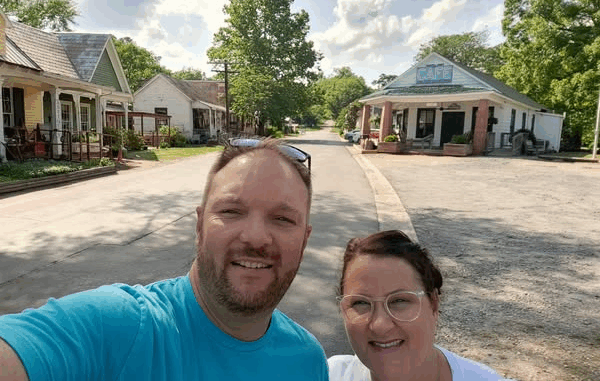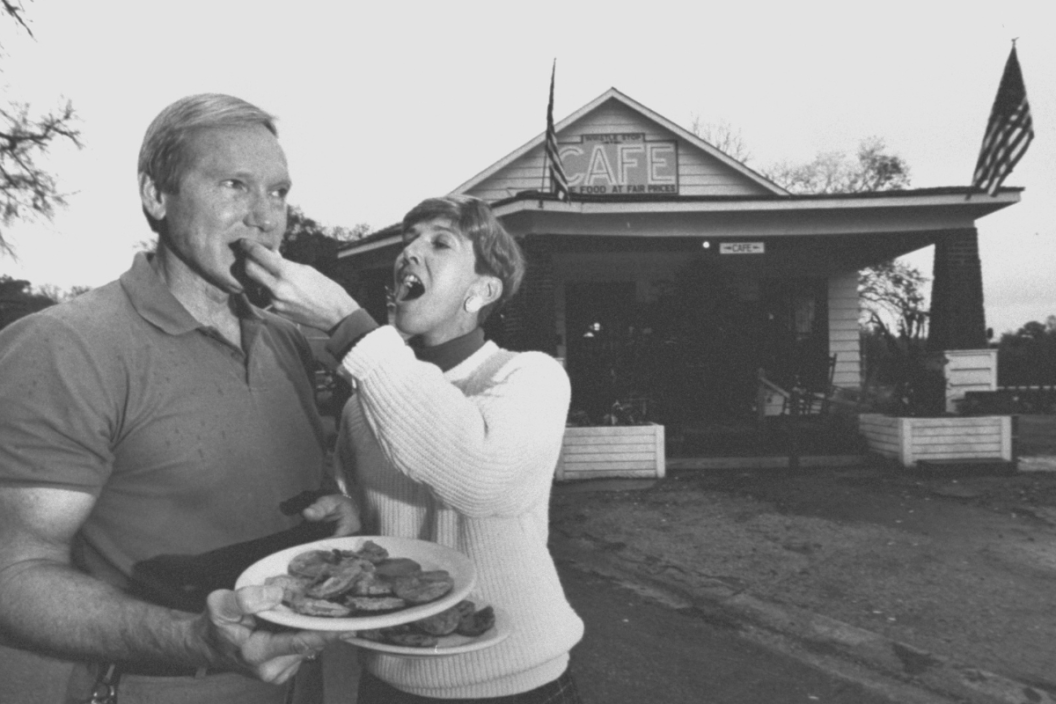
The Power of Place in Storytelling
Fried Green Tomatoes, directed by Jon Avnet and based on the novel by Fannie Flagg, is often celebrated for its emotional storytelling, dynamic female characters, and timeless themes of friendship and empowerment. But at the heart of it all lies Whistle Stop, Alabama — the fictional town that not only serves as the backdrop but becomes a character in its own right. More than just a setting, Whistle Stop reflects the charm, struggles, and soul of small-town America during the early to mid-20th century.
Whistle Stop: More Than a Name
Whistle Stop may be fictional, but it’s inspired by Irondale, Alabama — Fannie Flagg’s hometown and the real-life location of the café that sparked the story. With its slow trains, dusty roads, and tight-knit community, Whistle Stop embodies nostalgia. It’s a place where everyone knows each other, for better or worse, and where time seems to pause long enough for memories to take root.
The town’s name itself evokes the era of train travel, where the train would briefly “whistle stop” to pick up or drop off passengers or goods. That notion of fleeting moments — of lives intersecting briefly but meaningfully — is deeply embedded in the narrative.
A Community That Reflects America’s Struggles and Progress
Through the lens of Whistle Stop, the film doesn’t shy away from the complex realities of America’s past. Racism, poverty, gender inequality, and domestic abuse are all explored — often subtly, but with a lasting impact. Characters like Sipsey (played by Cicely Tyson), an African American caretaker and cook, are portrayed with depth, dignity, and power, standing tall in the face of a society that often tried to keep them small.
At the same time, Whistle Stop becomes a beacon of hope and resistance. Idgie and Ruth’s relationship, unconventional for the time, is accepted in a way that feels progressive yet believable. The town shows us that even in eras of oppression, pockets of humanity and love can thrive.

The Café That Held It All Together
The Whistle Stop Café is not just a restaurant — it’s the town’s heart. It’s where news is shared, laughter is born, secrets are exchanged, and healing begins. It represents warmth, acceptance, and resilience. It’s also the place where Idgie and Ruth make their bold stand — building a life together, creating community, and making a living in a time when women were expected to stay behind the scenes.
Today, the real-life Irondale Café (formerly known as the Whistle Stop Café) is a pilgrimage site for fans. It’s been serving fried green tomatoes and Southern hospitality for decades and remains a living monument to the story’s legacy.
From Dust to Memory: The Vanishing Americana
Watching Fried Green Tomatoes in 2025 is like opening a window into a time that’s rapidly disappearing. In an age of globalization, digital alienation, and sprawling urbanization, small-town life like Whistle Stop’s feels like a relic. Yet its depiction resonates deeply, offering comfort and a sense of rootedness.
The film reminds viewers of a life where human connection wasn’t mediated through screens, where community meant face-to-face interaction, and where a simple meal could change someone’s day.
Legacy of Whistle Stop Today
More than 30 years after its release, the fictional Whistle Stop continues to live on in popular culture. Countless visitors continue to visit the Irondale Café in Alabama to take a bite of history. Online forums, fan fiction, and anniversary screenings keep the spirit alive.
What’s perhaps most fascinating is how the setting of the film influences people to seek something similar in their own lives — a slower pace, stronger friendships, and deeper empathy. Whistle Stop isn’t just a town; it’s an idea. A symbol of resilience, inclusion, and quiet strength.
Why Whistle Stop Still Matters
In a world filled with noise, chaos, and division, the gentle whisper of Whistle Stop still manages to cut through. The town — with its dusty roads, sizzling skillets, and gentle souls — offers not just escape, but reflection.
It tells us we are never too old to make a friend. That kindness still matters. That food can be a language of love. And that even in a small town seemingly left behind, stories of courage, loyalty, and redemption can echo through generations.
